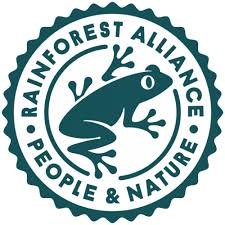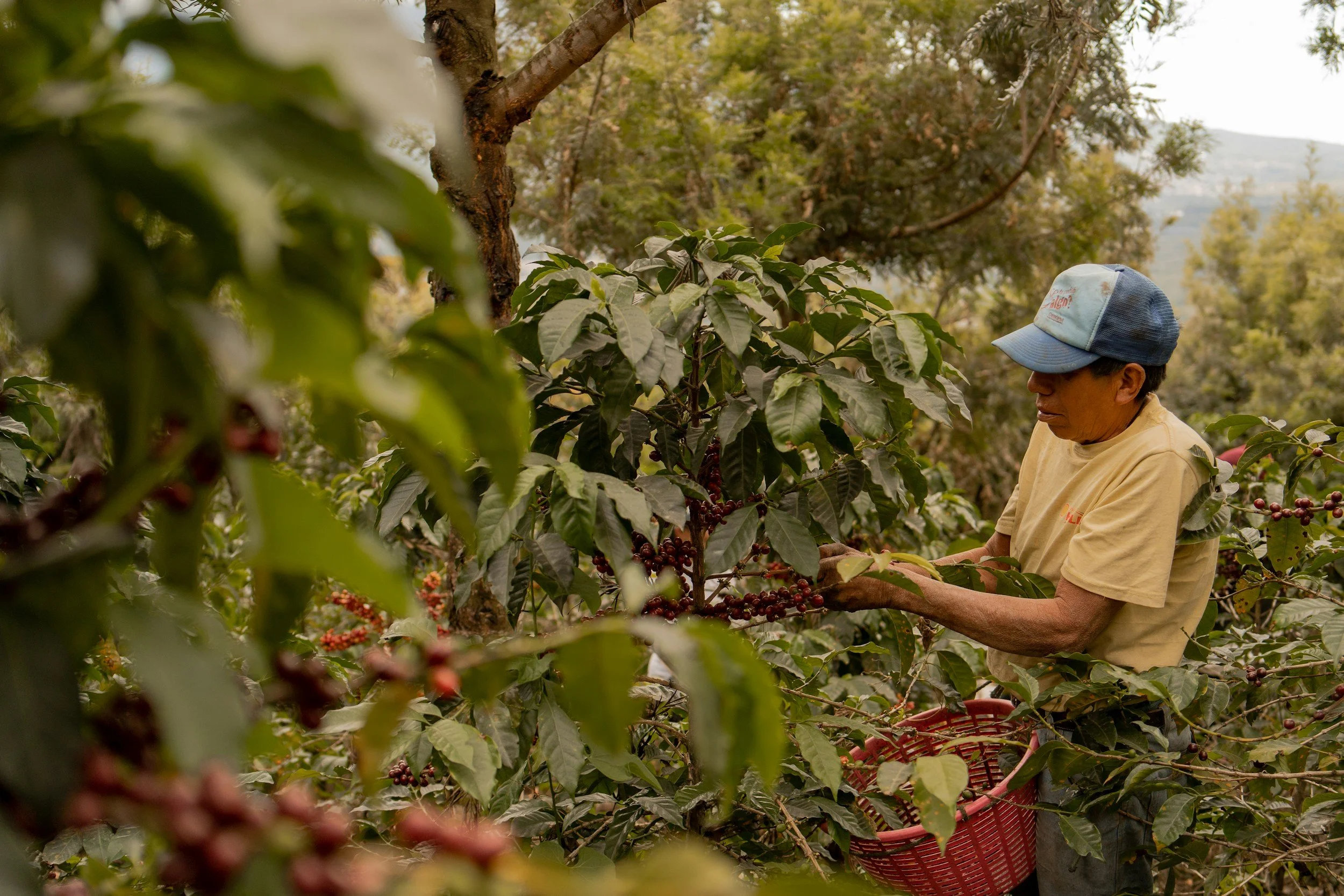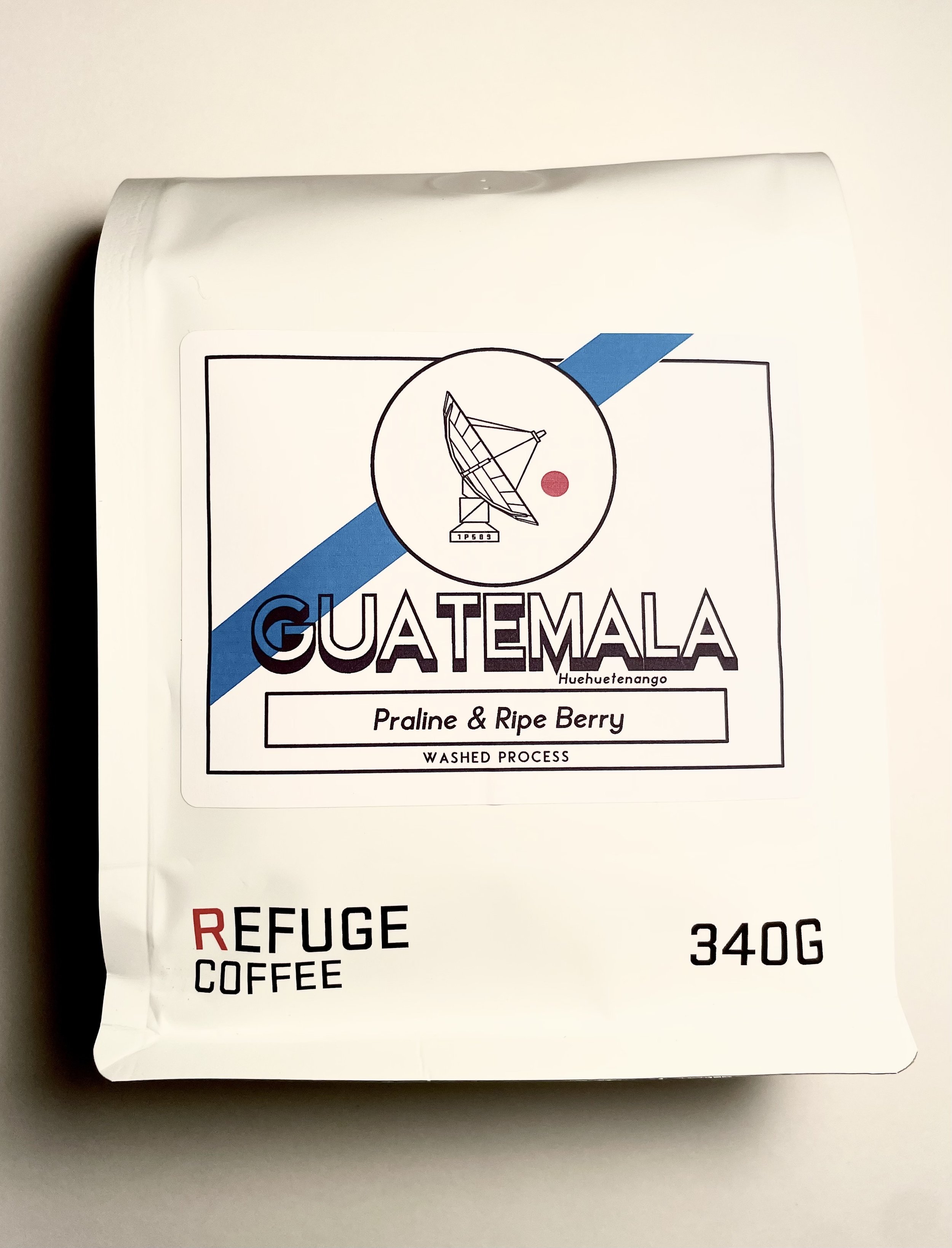Ethically Sourced Coffee: What It Really Means
Ethically Sourced Coffee
Many coffee bags say “ethically sourced,” but what does that really mean? Ethically sourced beans affect farmers, the environment, and the quality of the cup.
In this article, we will explore what ethically sourced coffee actually is and how you can choose it when picking a bag of coffee.
Fair Trade Certified* Logo Image to Look For
Defining Ethically Sourced Coffee
There are three key principles for ethically souring beans: fair wages, safe working environments, and environmental sustainability. Without maintaining these three important factors, coffee would quickly become a scarcity with farmers unwilling to work and with overproduced fields; effectively killing the industry.
There are several coffee certification programs that keep track of ethical farms and maintain the three key principles for the coffee business to continue thriving.
Fair Trade and Rainforest Alliance are certification programs that are great for making sure your beans are coming from ethical sources.
How to Identify Ethically Sourced Coffee
Rainforest Alliance* Logo Image to Look For
You can find out if coffee beans have been sourced ethically by checking for certifications on packaging, researching your local roaster’s supply chain, or by simply asking your roaster about their transparency and farmer partnerships.
Why Ethical Sourcing Matters
Most coffee farms are family owned businesses that employ local members of the community to help harvest and nurture the land.
Historically, farmers have received the smallest portion of revenue compared to the processing, co-ops and exporting companies (all of which are necessary for the journey of coffee to cup).
Ethically sourcing means that these farmers and communities are being adequately paid for their hard work.
Coffee Farmer picking coffee cherries likely at his family ran Coffee Farm.
When coffee farms have the ethical label it means they are held to a higher standard. Thus meaning, the environment is better protected. Farms are required to watch how their practices affect deforestation, water usage and chemical run-off.
If a farm is overproducing on one plot of land, they risk destroying the soil for a very long time.
Careful farming also means farmers are putting more effort into harvesting higher quality beans. This is where coffee grading comes into the scene. After beans are harvested and processed they are sent off to be graded and checked for defects. When farmers are more careful, less defects are created.
The Consumer Impact
By choosing to buy beans from ethically sourced roasters, you are directly supporting farms across the world to continue producing quality and fostering healthy environment habits.
Sure, coffee prices may be increasing, but if it means helping farmers and communities continue to do what they do best, it might just be worth it.
Tips For Buying Ethically Sourced Coffee
When buying beans online or in person, be sure to look for fair trade certificates or ask to see them. This will guarantee the beans you are buying are ethically sourced.
Unsure if beans are fair trade? Ask your local barista or retailer.
Consider buying small batches to support new and local roasters.
Conclusion - Ethically Sourced Coffee Beans
Buying ethically sourced fair trade beans ensures better coffee, better lives, and a better planet.
Explore our guide to Single-Origin coffee to find ethically sourced options that taste amazing.
Guatemala Huehuetenango Single Origin / Praline + Ripe Berry / Starting at 19.00




